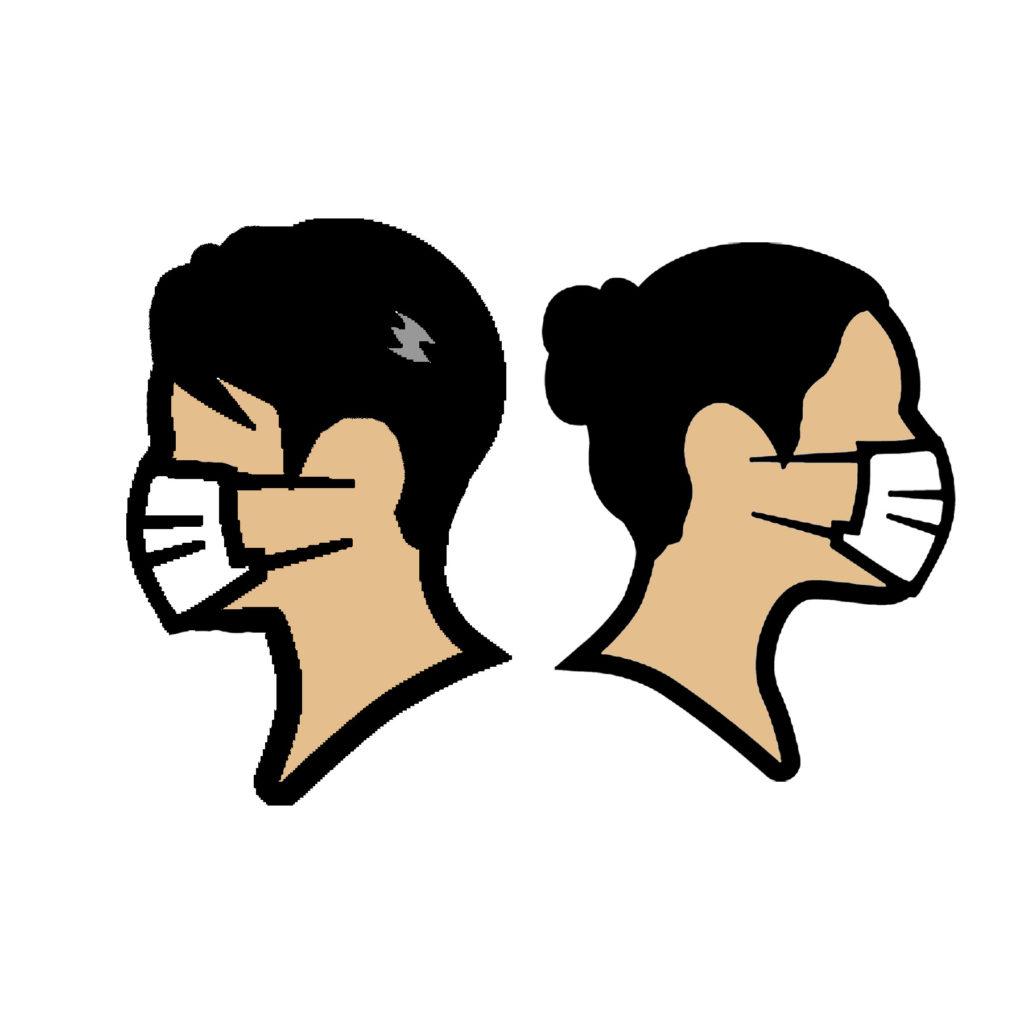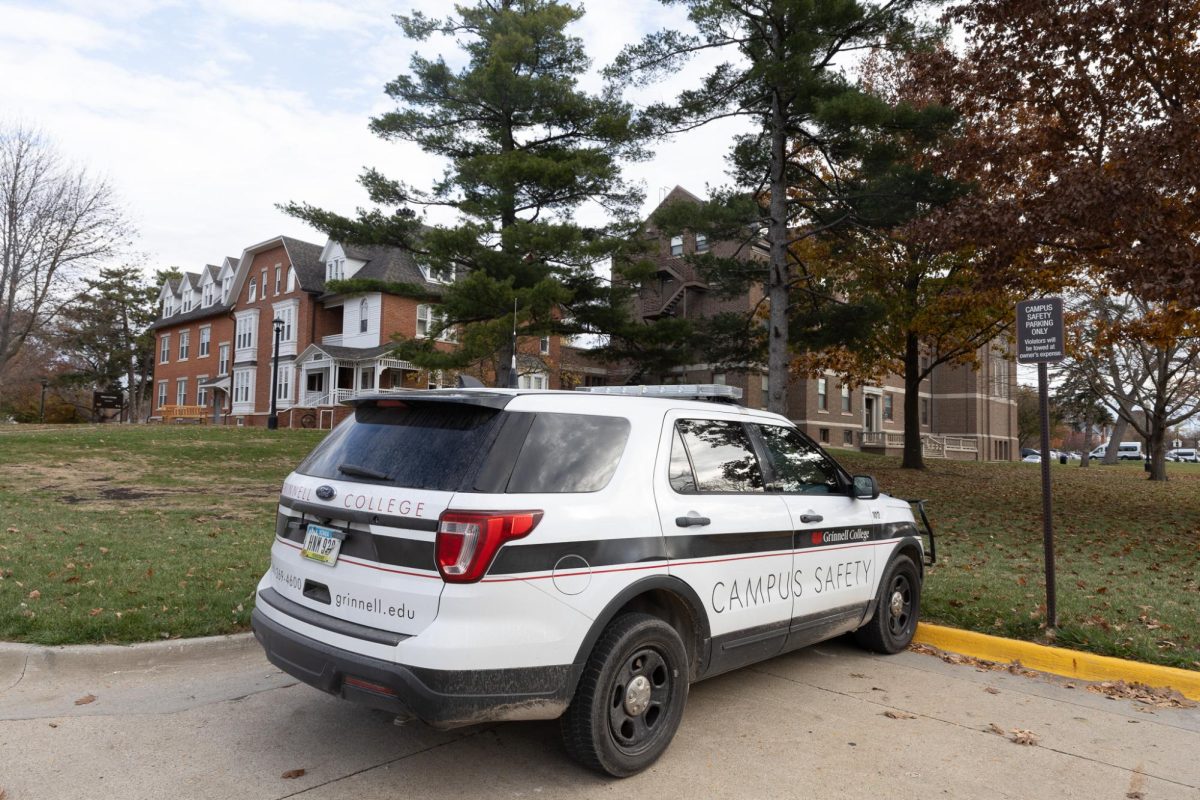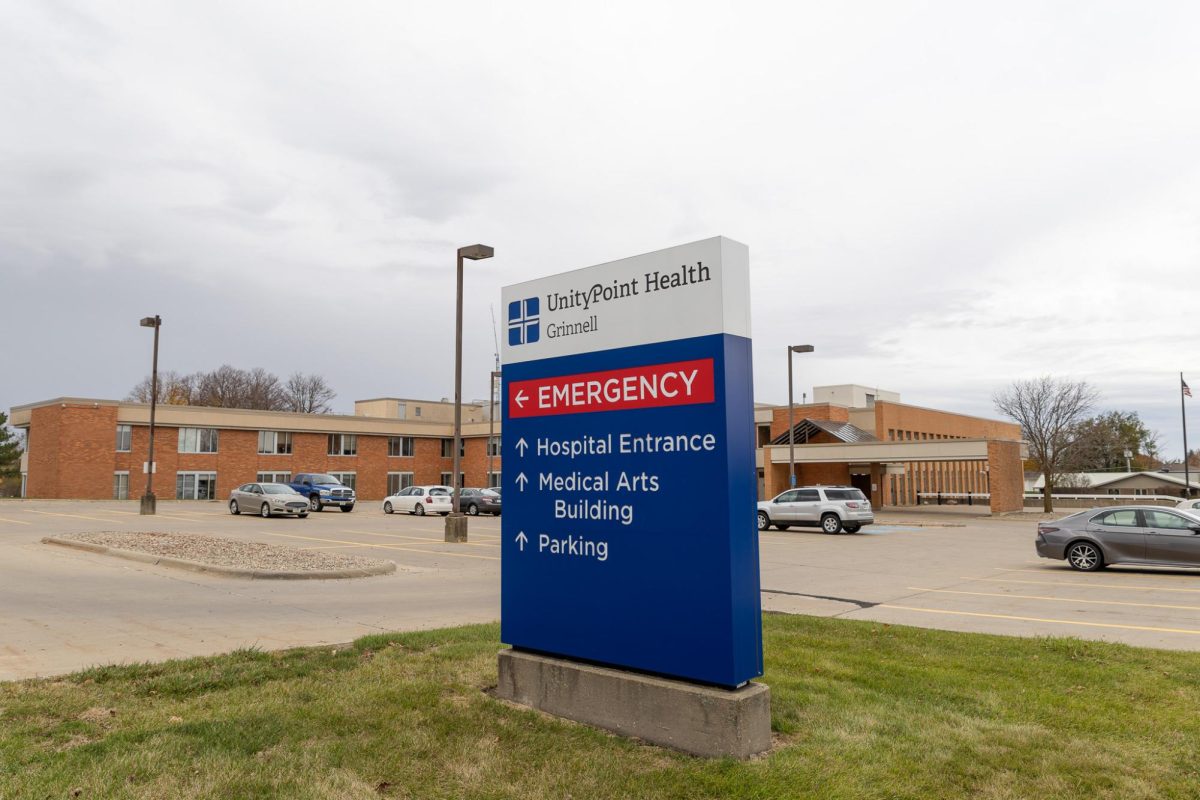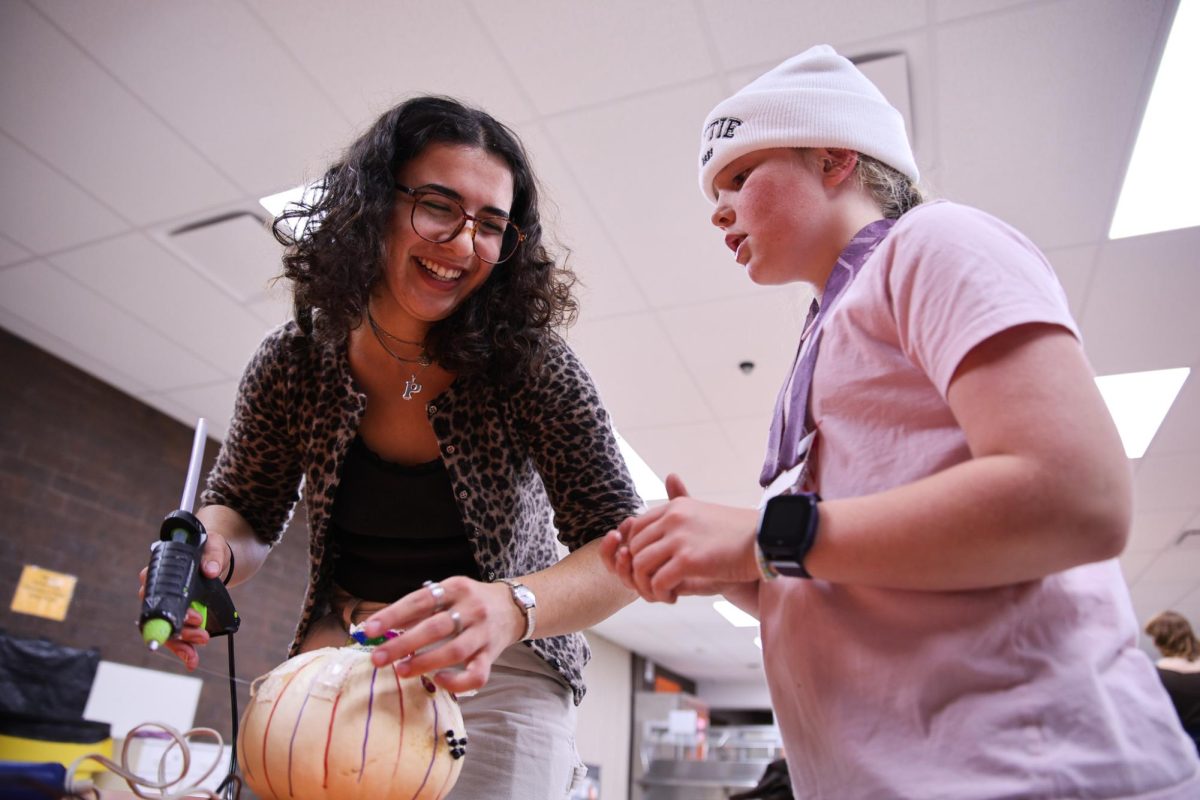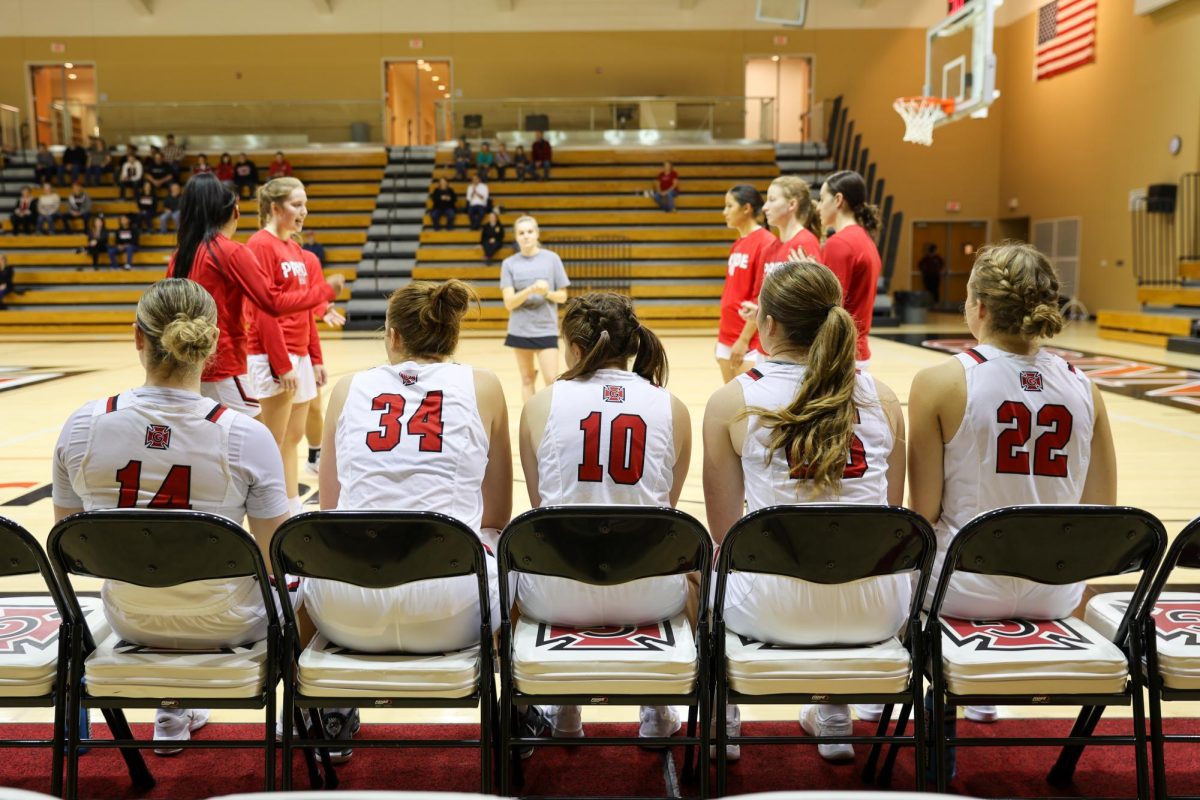Flu season this year seems to be causing quite a fuss. News outlets flash daunting headlines warning of the current flu outbreak and the Centers for Disease Control and Prevention (CDC) has declared it an epidemic. On a more local level, the College sent out a campus memo last week cautioning that “Flu is Spreading.”
This is not the campus’s first exposure to a large-scale virus outbreak: students last year experienced the wrath of a severe gastrointestinal illness called the norovirus. However, this is the largest flu outbreak that the College has experienced in recent years.
“This year, we have had more influenza cases in the first week of spring semester classes than we have seen over the entire flu season compared to the last several years,” wrote Deborah Shill, director of SHACS operations, in an email to The S&B.
Every year, different strains of influenza circulate during flu season. The main strain of the 2009 flu season, for example, was the swine flu (H1N1), and affected enough of the population to be classified by the CDC as epidemic, as has this year’s strain.
“H3N2, this year’s main flu strain, is causing more serious cases of the flu than average,” Shill wrote.
SHACS and the College are well aware of the dangers of the flu season, and have taken many measures to lessen its effects.
“The College promoted and paid for 1200 flu vaccines for students, staff and faculty last fall,” Shill wrote. And because the virus cannot be prevented entirely, “SHACS also provides free over-the-counter medications, notification to faculty, support in getting meals during this illness and daily check-ins for those students dealing with influenza or influenza-like illness.”
Such accommodations could be useful in addressing problems faced by ill students such as Molly Nelson ’21, a first-year who was sick with a similar strain of influenza shortly before winter break. While sick, “I was really out of it. … I was just extremely exhausted,” Nelson said. Her illness made it harder to attend classes and focus on her schoolwork.
“I basically had to cut down on all of the work I was doing and save it for later, which was hard considering that I was sick a whole week,” she said. As many students know, a week’s worth of work at Grinnell tends to add up.
Unfortunately, the flu season is far from over; an estimated 13 weeks remain. Shill advises that, “If a student has not gotten their flu vaccine, they should do so right away,” she wrote, “If you start to feel ill, make an appointment to see one of the nurses at SHACS as soon as possible. … Staying out of class while contagious is of UTMOST importance. If you have a fever, you should not be attending classes and should be seen at SHACS to help manage your care needs moving forward. If you go to class with a fever, you are only exposing others to the illness.”